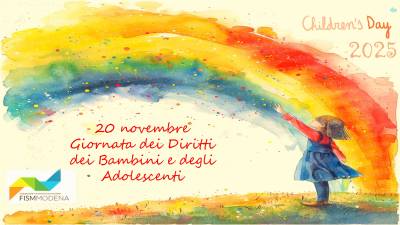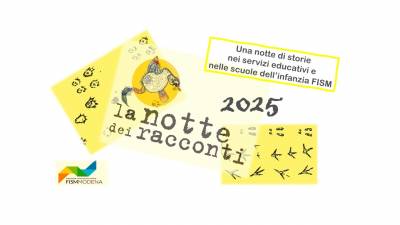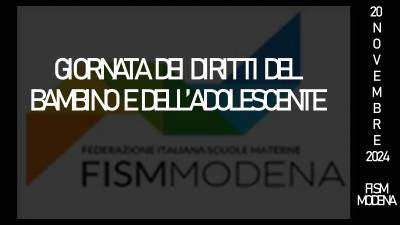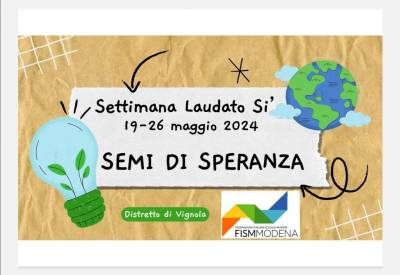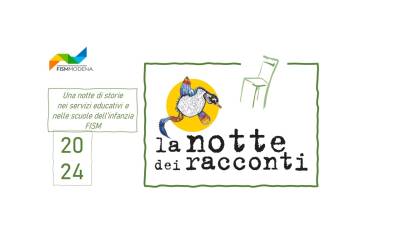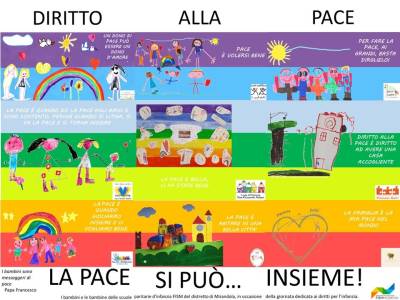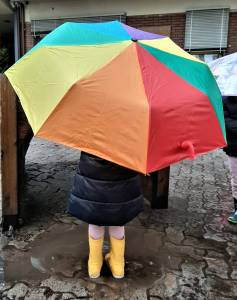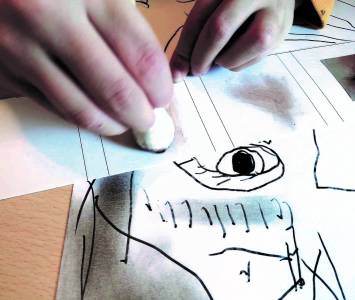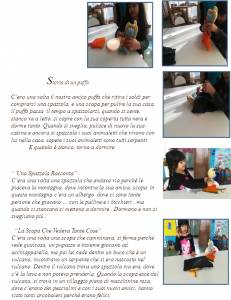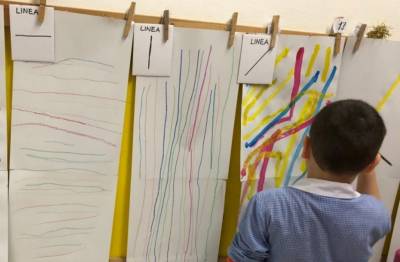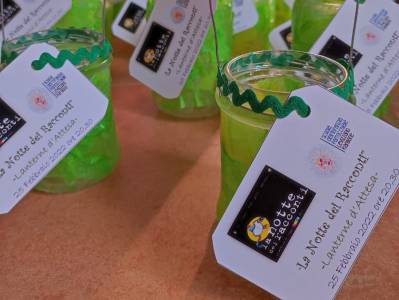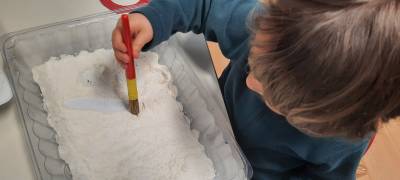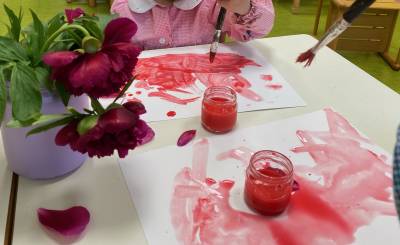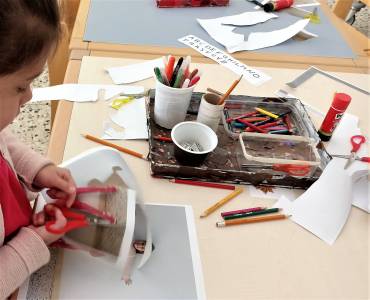Expressive Languages
The term Expressive Languages refers to all those activities, such as music, art, theater, and dance, through which children have the opportunity to express themselves beyond words. Indeed, children acquire nonverbal languages before verbal ones, and these are the channels through which we can interact even with the youngest and least competent children. Discovering and learning these languages develops in them a sense of beauty, and an understanding of self, others, and reality. Furthermore, multimedia experiences can be fostered through exploring the expressive and creative possibilities of media (photography, film, television, digital).
The innovative teaching approach of Expressive Languages views school as a constantly evolving worksite and follows a methodological-didactic approach for students, teachers, and educators who use expressive tools together to achieve goals and learning outcomes, but also simply to communicate. All this allows children to exercise their right to curiosity.
